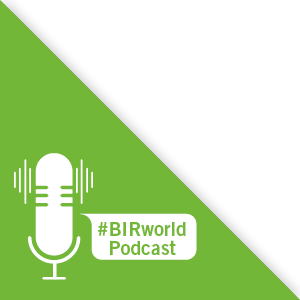Tragically, the number of deaths attributed to COVID-19 has exceeded 45,000 in the UK but numbers are now at their lowest level in 15 weeks and lockdown restrictions are gradually being lifted. Official figures show paid employment in Britain has plunged by almost 650,000 since the onset of the pandemic in March; growing numbers of companies are cutting jobs, with the hardest-hit sectors being retail, manufacturing and aviation.
In addition, as many as 9.4 million jobs have been furloughed on the government’s wage subsidy scheme, meaning these people are neither in work nor officially unemployed. The scheme is due to be scaled back from the start of August before closing completely at the end of October. Business groups and trade unions have warned that unemployment will continue to surge as the government winds down the scheme. The government’s own economic forecaster has projected that at least 10% of people on the furlough scheme - and perhaps up to 20% - will become unemployed as support is removed.
Within the metals recycling sector, yards have reopened but most have not returned to pre-COVID staffing levels. Some redundancies have already been made and more are anticipated. Volumes of non-ferrous scrap for June are estimated to have been 40-60% of pre-COVID levels.
The recent increase in the LME copper price encouraged merchants to sell any lingering stocks held over the lockdown period. Since then, there has been a slowdown of supply. There is still good demand for copper, with European demand being described as standard. Merchants and traders are still getting to grips with the new conditions imposed by China. There are fears that the low limits being set for “contaminants” are going to lead to increased costs.
Demand for cable remains constant as, in recent years, several UK recycling companies have invested in granulation plants and good prices are still being offered by European consumers. Sales of brass to China are anticipated to be most affected by the introduction of the country’s new conditions, and prices have reflected this. There is still good demand from Indian consumers but discounts have weakened.
The lead scrap market has remained buoyant during the pandemic; lead demand and prices have been the most consistent among all the non-ferrous metals.
Aluminium scrap prices have been the worst hit and, despite a recovery on the LME, they are not back to previous levels; the slightly less common grades are struggling the most. Traders are reporting low supply and poor demand. India is a large consumer of UK aluminium scrap and lockdown-related port congestion has disrupted and curtailed sales. Vehicle manufacturers have also reduced their already-diminished demand as new car sales have declined during the pandemic. This may have been escalated by the six-month exemption applying to the Ministry of Transport annual safety, roadworthiness and exhaust emissions test (MOT) required for cars over three years old, thereby delaying the scrapping of some vehicles until the MOT requirement is reinstated from August 1. Outlets selling new cars have started to advertise attractive trade-in scrappage schemes to tempt buyers.

Susie Burrage
Recycled Products Ltd (GBR), Board Member of the BIR Non-Ferrous Metals Division
Country
 United Kingdom
United Kingdom
